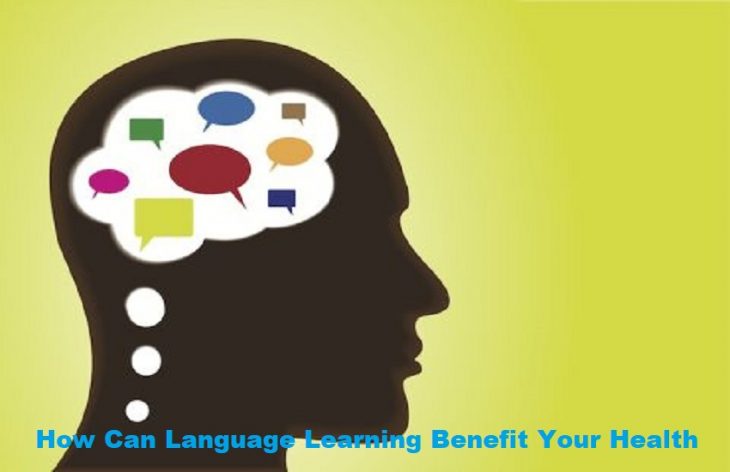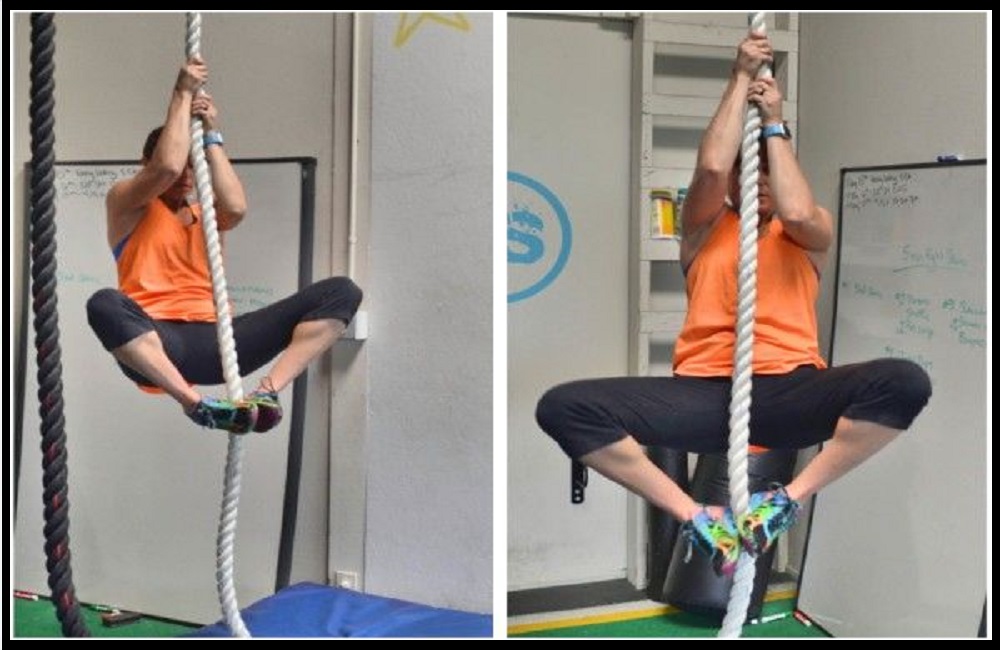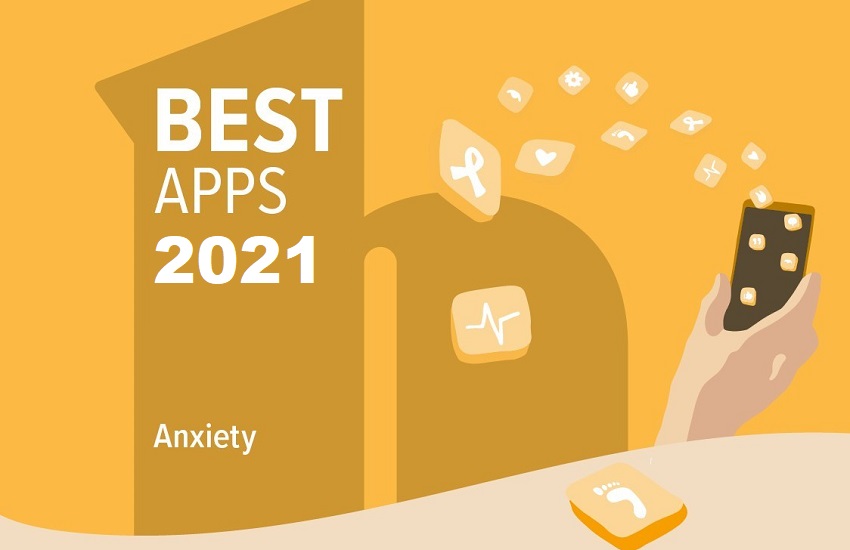
How Can Language Learning Benefit Your Health
From the simple desire to understand a person you have just met to the need to communicate in order to get your job done or even simply meet people, language is a key element of life.
Languages allow you to see the world from a different perspective. This is especially true for those who want to learn new languages. Although learning a language may seem difficult, there are ways that you can practice and improve your speaking skills without much effort. Having a good grasp of a foreign language can help us develop better social skills and improve our health. This article will look at some of the health benefits of learning languages and discuss how you can achieve these goals.
Benefits of Language Learning On Your Health
Improve Memory
By learning a new language, you can help improve your memory and recall information. You will be able to remember the names of people, places and things in the foreign country more easily.
Therefore, it is important that when you begin practicing speaking a second language, you do not think about the words and phrases that you want to learn but instead focus on different sounds. The more times you speak a language, the easier it will be for you to remember new vocabulary and structures of sentences. If this does not happen, research has shown that your brain cannot efficiently process these specific units of information.
I have found that if you practice from FunEasyLearn, then it tends to improve your memory twice more than in typical situations.
Increased brain size
This is one of the most obvious and not-so-obvious benefits that come with learning a second language. It has been proven that individuals who speak two or more languages have larger brains than those who only know one. Having an enlarged brain improves your attention span, memory, perception, and problem-solving skills.
Improve Cognitive Functions
Learning a new language will help you become more receptive and intelligent. A study conducted by the National Institutes of Health showed that bilingual individuals had increased verbal abilities when it comes to learning, thinking, and memory.
The study also found that these people can be more flexible in problem-solving skills and their ability to concentrate. You also can use a new language learning as a way of improving your cognitive skills. In addition, the brain becomes more efficient at learning and remembering different concepts as it learns about other languages that are not currently being used.
More fine-tuned hearing
Having a second language improves your hearing since you need to use the two languages to communicate. In addition, you will be able to hear nuances, tones, and nuances that differentiate words from each other when speaking both of them. This is helpful for people who speak English and Spanish and helps those who understand Cantonese or Mandarin Chinese, among others.
Recovery from Brain Injury
Research has shown that individuals who speak two languages have a lower risk of suffering from traumatic brain injuries. This is because their brains can be more efficient at recognizing and processing information, especially in the case of Spanish-English bilinguals.
Stress Resilience
Having a second language allows you to feel calmer as it will help your body release stress hormones. In fact, studies are showing how those with another language present less anxiety; they also tend to display better physical health conditions. This is why learning another language can give you great benefits for the mind and the body.
Delay Dementia Symptoms
Research has shown that bilingual people can later on in life fully control and manage their Alzheimer’s disease symptoms better than those who only speak one language. This is because they tend to use two different languages simultaneously to communicate, creating a sort of dual working memory. On top of this, having other languages allows for more cognitive flexibility as well as greater learning capacity, which could help delay or prevent the onset of dementia altogether!
Increased Perceptual Sensitivity
Research conducted by The University of Edinburgh has shown that bilingual people can perceive different objects more accurately than those who only speak one language.
Enhanced Empathy
Research shows how having another language causes you to take on the emotions or thoughts of other people, which makes it easier for us to understand and relate with others. This is due to the fact that we are exposed not just through our ears but also through our eyes!
So how can I learn a language easily?
The best way to learn a language is through immersion. This can be done by listening, reading, or speaking about the culture of that particular country/nation you are learning about (and only one).
As long as it’s conversationally focused and not too much like forced memorization, then this method will work!
For example:
- Listening – Through radio broadcasts
- Watching TV shows with subtitles
- Talking to your friends who also know their second languages
- Reading – books written in other languages but have English translations available online or out of print.
- Finally Speaking – Speak at least one hour a day of the language you are learning.
- Also, it’s important to ask people who speak your second language more often than not if they can also help with pronunciation and general rules for speaking (e.g., idioms).
However, this is not the only way to learn a language. Other methods can be used to learn languages, including:
Using language learning app: FunEasyLearn
You can use language learning apps to help you learn new languages. Nowadays it is the most preferred method of learning new languages because you can do it on your own time, without any pressure or deadlines. You can learn languages that are not in the same language family as you speak easily with these apps.
It is very easy to download and use an app for learning a foreign language using your phone/tablet/computer. This is one of the best ways to immerse yourself in another culture! FunEasyLearn is one of my most favorite free language apps currently. You can learn over 62 native languages in very easy and scientific ways. There are also 34 free language courses that you can learn from the language learning app.
Language courses
You can also learn languages by taking language courses. However, this is quite expensive, and not everyone has the privilege to do so.
I recommend taking up a language course if you want to learn more than one new language at once or are looking for ways to improve your current skills.
FunEasyLearn has more than 32 premium quality courses with illustrations, games, and a built-in vocabulary app that I found most easy and helpful on the internet.
They also have a vocabulary builder and alphabet with reading rules. Additionally, the app also contains a massive 6000 words & 5000 sentences example that will blow your mind.
Other Methods
There are also different ways to learn a new language, including attending lectures in your local university or learning from books.
The best way is to find out what works for you and make sure that the method(s) of learning will fit into your life!
Final Thought
If you are trying to learn a new language, but can’t seem to focus on it properly, try using the FunEasyLearn App.
The app is designed to make learning easier and more fun. It uses high-quality audio recordings of native speakers in order to help you learn vocabulary and pronunciation faster.
You can even use it while driving or doing other tasks that divert your attention from what you’re learning.


